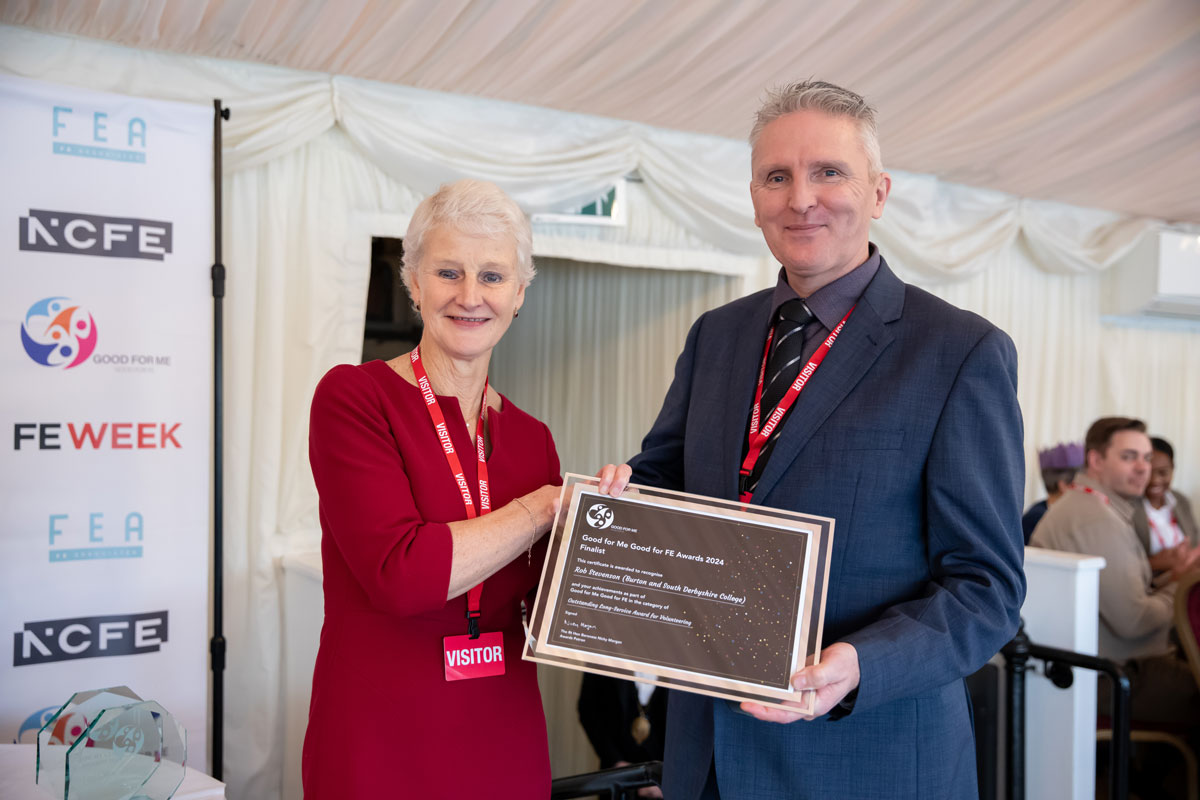Data-Driven Solutions for Workforce Satisfaction

What does The Future of Employee Recognition look like?
As we celebrate National Payroll Week, it’s a timely moment to shine a light on the dedicated professionals who ensure that employees receive their hard-earned wages accurately and on time. Payroll professionals are the unsung heroes who work behind the scenes, contributing to the seamless operation of businesses across the globe. Their expertise not only ensures financial stability for employees but also reinforces trust and satisfaction within the workforce.
In today’s economic climate, where many businesses face financial constraints, the challenge of providing pay rises becomes more pronounced. According to our recent report, “People at Work 2024: A Global Workforce View,” 77% of workers globally expect a pay rise within the next 12 months. However, for many organisations, meeting these expectations can be difficult. This is where the role of payroll professionals becomes even more critical.
When direct pay increases are not feasible, it’s essential to explore alternative ways to recognise and reward employees. Our research highlights several alternatives that can help effectively boost retention and positively impact employee morale and satisfaction. Here are some valuable insights from the report:
- One-off Bonuses and Financial Assistance: Across many regions, employees expressed a preference for one-off bonuses or financial assistance to help with the cost of living. For instance, 49% of workers in China favoured a one-off bonus as an alternative to a salary increase. Similarly, in the UK, 37% of employees would appreciate a one-off payment to help with living expenses.
- Flexible Working Arrangements: Flexibility in working hours and the ability to work from home are highly valued by employees. These options provide a better work-life balance and can serve as a significant motivator. For example, 25% of workers in Japan preferred a shorter work week as an alternative to a wage hike.
- Additional Paid Time Off: Extra days of paid annual leave are a popular choice among employees. In Canada, 34% of workers indicated that additional paid time off would be a satisfactory substitute for a salary increase.
- Vouchers and Non-Monetary Benefits: Grocery vouchers, travel vouchers, and gym memberships are among the non-monetary benefits that employees across various regions find appealing. In Italy, 42% of workers expressed a preference for grocery vouchers as an alternative to a pay rise.
- Professional Development and Well-being: Offering opportunities for professional development and prioritising employee well-being can also be effective. In the United States, workers indicated a preference for mental health days off and student debt assistance.
As payroll professionals, understanding these preferences and integrating them into compensation strategies can significantly enhance employee satisfaction. Utilising advanced payroll tools and systems is crucial in this process. Having a robust payroll allows organisations to manage compensation packages effectively, ensuring that they align with employee expectations and preferences. The right payroll software also facilitates transparent communication on compensation, fostering trust and clarity between employers and employees.
While salary increases are highly valued, exploring and implementing alternative recognition strategies can make a substantial difference in employee engagement and morale. Payroll professionals play a pivotal role in this process, leveraging their expertise to develop innovative compensation solutions that resonate with the diverse needs of the global workforce.
This National Payroll Week, let us take a moment to acknowledge and celebrate the indispensable contributions of payroll professionals. Their work is foundational to the financial well-being of employees and the overall success of organisations. Thank you for your unwavering dedication and expertise.











Responses